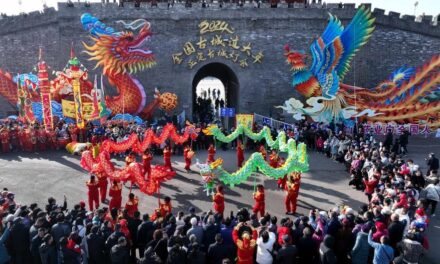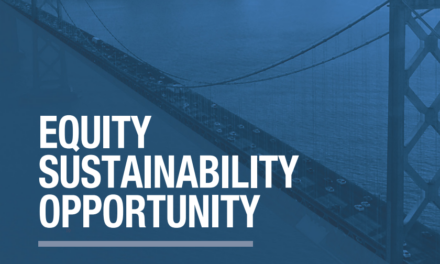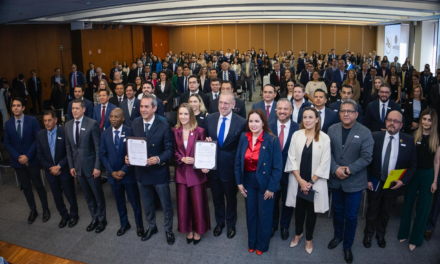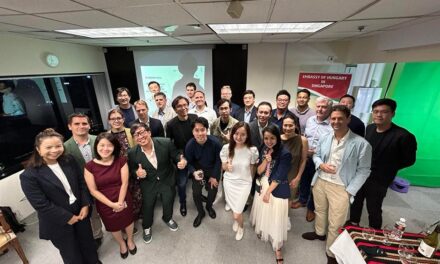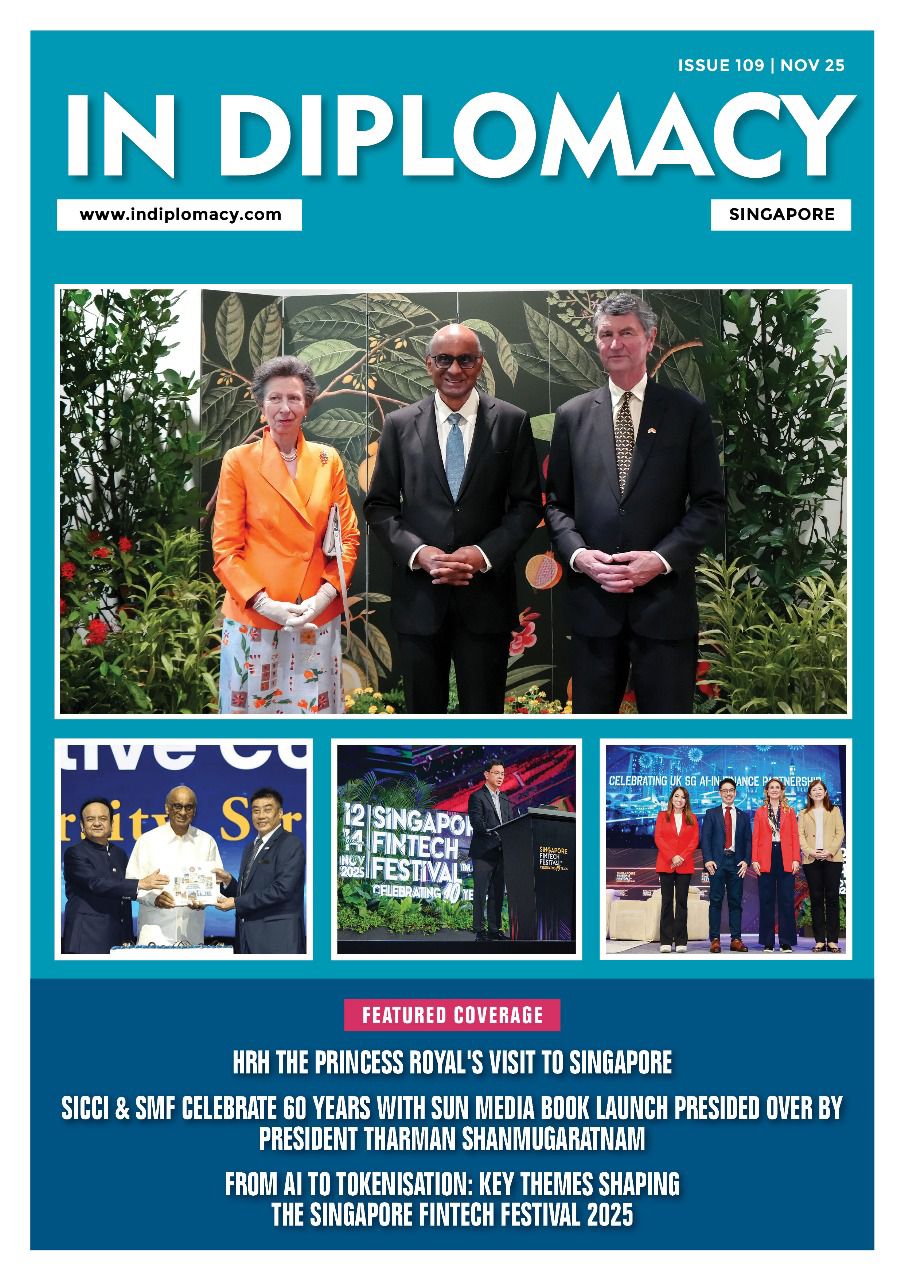
In an exclusive conversation with IN Diplomacy, Indian High Commissioner to Singapore, Dr. Shilpak Ambule, shared the key highlights from Prime Minister Narendra Modi’s recent visit to Singapore, which aimed to strengthen bilateral ties between the two nations. This significant visit marked PM Modi’s fifth official visit to Singapore and his first since Singapore’s President Tharman Shanmugaratnam and Prime Minister Lawrence Wong took office.
Q: Your Excellency, what went into the preparations for PM Modi’s recent visit to Singapore and how did this visit differ from previous ones? What made it a significant milestone in India-Singapore relations?
A: This was the fifth visit of Prime Minister Modi to Singapore, which came within the first 100 days of his third term in office and also, soon after Singapore’s Prime Minister Lawrence Wong, took over the leadership. We wanted to do something different, that would reflect the contemporary nature of our relations. Towards this end, we received strong support from multiple agencies
representing the Singapore side, including the Ministry of Foreign Affairs (MFA), the Ministry of Trade and Industry (MTI), etc. for which we are very grateful. Skill development and collaboration in the semiconductor industry are important pillars of our cooperation. Prime Minister Modi visited a leading Singaporean tech company and interacted with Indian and Singaporean interns; these engagements turned out to be the highlights of his visit and made it different from the previous ones.
Q: Did PM Modi’s visit include discussions on Singapore investing in India’s semiconductor sector, and if so, what progress was made?
A: In a special gesture, Prime Minister Wong accompanied Prime Minister Modi to visit AEM, a leading Singaporean company in the electronics and the semiconductor sector. Both Prime Ministers were briefed about the company and the development of the semiconductor ecosystem in Singapore. This was against the backdrop of both sides exchanging the MoU on the Semiconductor Ecosystem Partnership.
We are developing our domestic semiconductor industry. We are investing to set up the necessary hardware and software for semiconductor manufacturing, from design, and fabs to ATMP. Several global semiconductor majors have initiated investments in India. In the coming years, we hope to see a substantial rise in semiconductor output in India. Singaporean semiconductor companies looking for further expansion can find India as an attractive destination.
Indian and Singaporean universities can collaborate to design training courses for the semiconductor sector. Collaboration with Singapore in this sector will be a mutually beneficial partnership.
We hosted Semicon India 2024 a couple of weeks back in India. A large business delegation from Singapore’s semiconductor sector visited India for the same. It is a testament to the interest among the Singaporean business community in India.
To channel this interest and support Singapore companies, India and Singapore will set up an “India-Singapore Semiconductor Ecosystem Policy Dialogue”, led by the Ministry of Trade & Industry (MTI) for Singapore and the Ministry of Electronics and Information Technology (MEITY) for India. There will also be a Business Dialogue led by Enterprise Singapore (ESG) and the
India Semiconductor Mission (ISM). These institutional platforms will help in exchanging best practices and bring important stakeholders together. India-Singapore the semiconductor partnership will contribute to enhancing the resilience of semiconductor supply chain globally.

Q: What were the key agenda items and major outcomes of PM Modi’s visit?
A: Considering the breadth and depth of ongoing cooperation between India and Singapore and the immense potential to expand it to new and emerging areas, both Prime Ministers decided to elevate the relations to a higher level of Comprehensive Strategic Partnership.
The discussion between the leaders covered a very wide range of subjects, including trade and investment, defence and security, FinTech and digital economy, green corridors and sustainability, food security, advanced manufacturing, including semiconductors, connectivity, health and resilient supply chains.
We exchanged MoUs in the areas of Semiconductor Ecosystem Partnership, Digital Technologies, Healthcare and Skill Development and Education Cooperation. We also agreed to explore setting up dialogues focused on Cyber Policy and Critical and Emerging Technologies. These key outcomes will open up new avenues of cooperation and make our bilateral cooperation future-oriented.
The next stage in our bilateral relations has been set by the India-Singapore Ministerial Roundtable that preceded the Prime Minister’s visit and which identified six pillars of our futuristic cooperation. This visit has made India and Singapore relations future-ready.
Q: What were the key takeaways from PM Modi’s dialogue with Singaporean business leaders?
A: The Prime Minister Modi interacted with Singaporean business leaders during his visit. All of them relayed their faith in the India story and stated that they are looking to invest more in India.
Prime Minister noted that India had made transformative progress in the last ten years and would continue on the same path given its strengths of political stability, policy predictability, Ease of Doing Business, and its reform-oriented economic agenda. India is set to become the third-largest economy in the world over the next few years. Prime Minister spoke about the various initiatives to enhance India’s participation in global value chains through programmes such as the Production Linked Incentive scheme, the India Semiconductor Mission, and the establishment of 12 new Industrial Smart Cities.
Prime Minister stressed that Singapore companies need to think big and from a long-term perspective. For example, rather than just focusing on increasing the number of flights between India and Singapore, he invited businessmen to take advantage of the fast-growing aviation sector in India and also welcomed them to explore areas such as airport development and Maintenance, Repair, and Overhaul (MRO).
For businesses looking for resilient supply chains, the Prime Minister noted that India is the best alternative given its strengths. He called upon the business leaders to look at opportunities in India in the fields of Fintech, startups, semiconductor ecosystem, skill development, green energy and infrastructure.
To further facilitate their collaboration with India, the Prime Minister announced the setting up of an Invest India office in Singapore. Invest India is India’s national investment promotion and facilitation agency that helps investors looking for investment
opportunities in India. I am happy to share that the Invest India office in Singapore was inaugurated on 22 September by our Commerce & Industry Minister Shri Piyush Goyal.
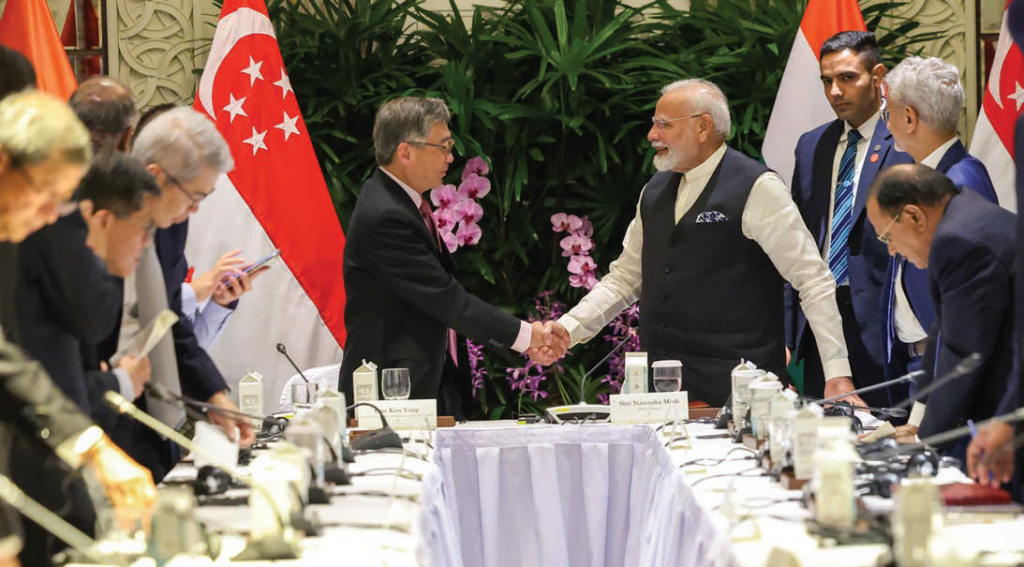
Q: As India and Singapore celebrate 60 years of bilateral ties in 2025, what initiatives and enhancements can we expect?
A: The 60th anniversary is an important milestone in India-Singapore relations. On its eve, we have decided to elevate our cooperation to a higher level of Comprehensive Strategic Partnership.
Both sides are working to celebrate this important occasion in a befitting manner. There will be high-level exchanges and a plethora of events to celebrate the Diamond Jubilee of our partnership with Singapore.
In this context also, the visit at this juncture holds a special significance as to what we can expect, going forward, in the next few years in our bilateral relationship.
Q: Was the issue of increasing the quota for employment passes for Indian citizens discussed during the visit?
A: We have received feedback regarding the impact of the COMPASS framework implemented by the Government of Singapore for Employment Passes on Indian citizens. We share our views with the Singaporean side at all levels. We will continue to work with them so that bilateral economic cooperation and people-to-people exchanges continue to grow commensurate with our Comprehensive Strategic Partnership with Singapore.

Q: What new developments can we expect in the education sector following PM Modi’s visit?
A: During the visit, an MoU on Educational Cooperation and Skills Development was exchanged. This MoU will facilitate closer cooperation in the areas of Technical and Vocational Education and Training (TVET) and skills development. India and Singapore will collaborate for exchanges between higher education institutions in the field of technical education, student internships, faculty industrial attachments, teacher training, standards and certification of skill centers.
Prime Minister Modi and Prime Minister Wong visited AEM, they also interacted with a group of interns, both from India and Singapore, who had undergone skill training as part of bilateral programmes. The Indian interns were from the Odisha World Skill Center, and the Singaporean students were receiving skilling exposure in India under the India Ready Program.
Such programmes highlight the potential for further cooperation in the areas of education and skill development cooperation between India and Singapore. We will continue to closely work with Singapore to realise this potential.
Q: How will the elevated Comprehensive Strategic Partnership impact defense cooperation and regional security between India and Singapore?
A: We have a deep and longstanding defence relationship with Singapore which is built on close historical ties, shared strategic perspectives and common interests. In the coming weeks, we will host bilateral exercises by the three services (Army Exercise
Agni Warrior, Navy Exercise SIMBEX & SITMEX and Air Force Exercise JMT) in India. India and Singapore co-hosted the inaugural ASEAN-India Maritime Exercise in Singapore in 2023, which allowed India to collaborate with the ASEAN Member States in addressing common maritime security challenges in the region. India has been providing consistent support for the Singapore Armed Forces’ training in India which has elevated in both scope and scale in all domains.
India and Singapore see the convergence of views on various regional and international issues, including regional security dynamics. Both sides are determined to work together to maintain peace, stability, growth and prosperity in the region and beyond.

Q: What role is envisioned for Singapore in India’s growth story, particularly in areas like infrastructure development and innovation?
A: India ranks among the top five economies globally and is poised to become the world’s third largest. India has made transformative progress in the last ten years and will continue on the same path given its strengths of political stability, policy predictability, ease of doing business, and its reform-oriented economic agenda.
Our initiatives like ‘Make in India’ and favourable FDI policy provide incentives and support for foreign investment, while significant improvements in infrastructure and ease of doing business reforms have created a more business-friendly environment. Last month, we had the 2nd round of the India Singapore Ministerial Roundtable. Four Ministers from India, travelled to Singapore for that. Six Singaporean Ministers participated in the meeting. Such a high level of participation from both sides in itself is unprecedented. The discussions over two rounds led to the identification of six pillars for strengthening bilateral cooperation-Digitalisation, Skills Development, Sustainability, Healthcare & Medicine, Advanced Manufacturing and Connectivity.
With growing attention for trustworthy and resilient supply chains, we believe that India is a safe bet for companies from all over the world, including Singapore which are looking for expansion and diversification.
Singapore companies have made large investments in India and are getting rich dividends. Be it companies like Temasek and GIC getting more returns from the Indian market, CapitaLand and Keppel running successful real estate business – or take the latest case of Singapore Airlines. There is potential to do more in the areas of fintech, advanced manufacturing, infrastructure, industrial parks, connectivity, digitalization, skill development and green economy.
We are working on expanding the scope of fintech connectivity (UPIPayNow linkage). We are collaborating on sustainability initiatives like Green Ammonia and Green Shipping. We are looking to take skilling cooperation further by working on standards.
Emerging technologies are another promising area of cooperation. India’s booming aviation sector offers opportunities in the MRO sector for Singaporean companies. We have announced our intention to build 12 new industrial smart cities. With Singapore’s experience in urban development and industrial parks, we are keen to have Singaporean investments in our industrial smart city project.

Q: Any observations, anecdotes, or examples you might like to share that illustrate the level of chemistry, interaction or friendship by the new generation of Singapore leaders with PM Modi?
A: Prime Minister Wong hosted a private dinner for our Prime Minister at Sri Temasek in Istana. After the ceremonial welcome and delegation level talks at the Parliament House, Prime Minister Wong accompanied Prime Minister Modi on the visit to AEM. Candid visuals from the interaction between our leaders reflect the comfort and rapport they have developed within a short span of time. It augurs well for the future of the India-Singapore partnership. It not only shows the warmth of Singaporean hospitality but also the level of chemistry between the two.

